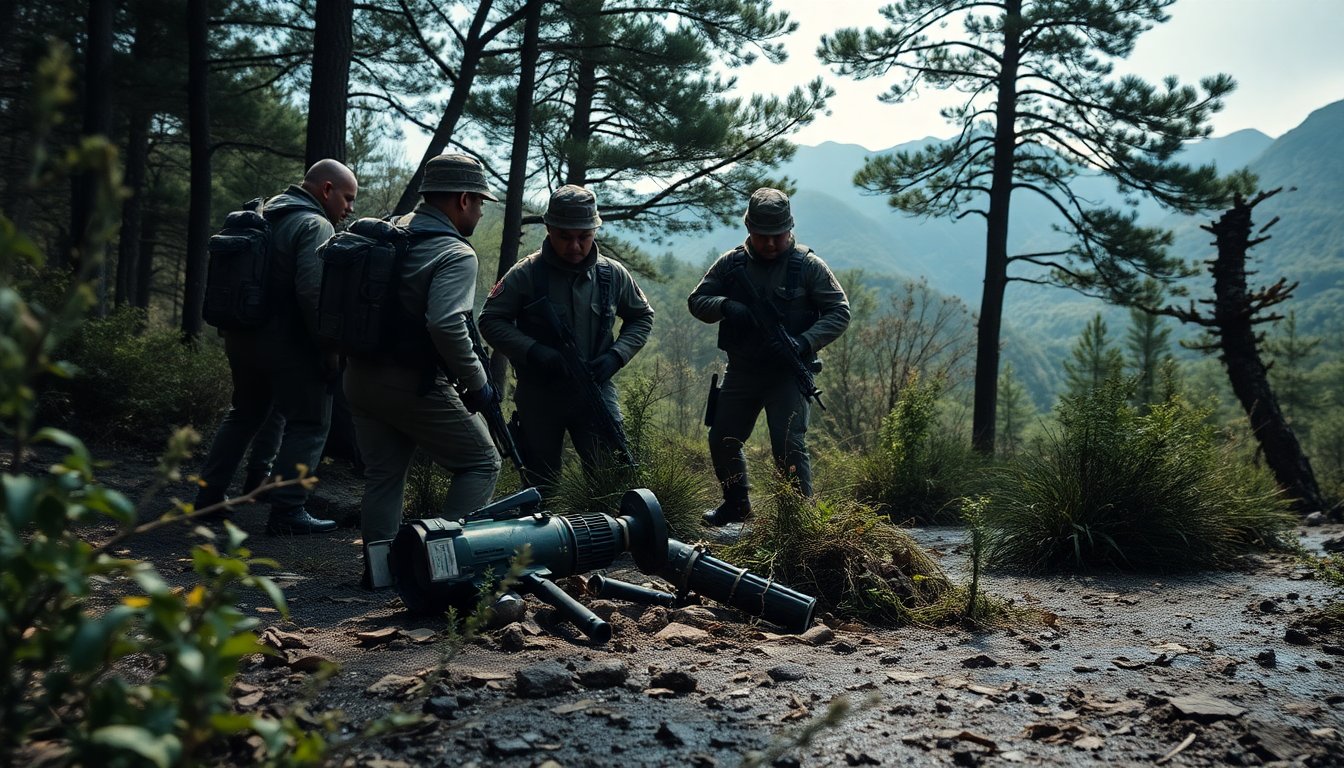Table of Contents
The realm of military operations is frequently obscured by secrecy. However, some details occasionally surface, revealing the complexities and repercussions of such missions. A recent report has disclosed a covert operation executed by the US Navy SEALs in North Korea that ended tragically, raising significant ethical and operational questions. This incident, reportedly occurring in 2019, aimed to plant a listening device in a nuclear-armed nation but resulted in the deaths of several North Korean fishermen. This has ignited a heated debate regarding military accountability and operational oversight.
Overview of the Incident and Key Details
According to a comprehensive report, the mission was executed by the elite SEAL Team 6 during a precarious period of diplomatic negotiations between the United States and North Korea. This particular team has a storied history, most notably for its successful operation against Osama bin Laden in 2011. Unfortunately, the mission in question turned disastrous due to a series of missteps. While attempting to covertly enter North Korean territory, the SEALs encountered unexpected complications that led to an encounter with local civilians.
The report indicates that during the operation, a group of North Korean fishermen was present near the shore, likely unaware of the unfolding military actions. As the SEALs approached under the cover of darkness, a series of errors led to a dire confrontation. In a split-second decision, the SEALs opened fire on the civilian fishing vessel, resulting in multiple casualties. While the precise number of deaths has not been disclosed, the gravity of the incident is undeniable.
Following the incident, reports suggest that the SEALs took measures to conceal evidence of their actions, raising further ethical concerns. Accounts indicate that they attempted to hide the bodies from North Korean authorities, illustrating the lengths to which operators might go to avoid repercussions for their actions during covert missions.
Responses and Implications
The implications of this incident extend beyond the immediate loss of life, sparking a debate about the transparency of military operations and the decision-making processes governing such missions. The involvement of high-level officials, including former President Donald Trump, in approving this operation has drawn criticism regarding leadership accountability in military engagements. Trump has publicly stated he was unaware of the operation’s specific details; however, the approval process for such missions typically involves multiple layers of oversight.
Military experts and analysts have expressed concern that incidents like this often remain hidden from public scrutiny, fostering a culture of secrecy that can shield military operations from necessary oversight. This incident, among others, highlights the need for a reevaluation of how military operations are conducted and reported, particularly in sensitive geopolitical contexts.
Furthermore, the lack of commentary from North Korea regarding the incident adds another layer of complexity. The absence of a public response raises questions about what the North Korean government may know and how it might leverage this information in its diplomatic strategy. If they were aware of the incident, it could influence future negotiations between the two nations.
Looking Ahead: The Need for Accountability
The tragic loss of civilian life in this operation underscores the critical importance of accountability in military actions. As military technology and covert operations become increasingly sophisticated, the potential for unintended consequences remains a pressing issue. It is essential that military operations are conducted with a high degree of transparency and oversight to prevent similar incidents in the future.
As discussions around military ethics and operational protocol continue, this incident serves as a somber reminder of the human cost of warfare. Ensuring that military personnel are held accountable for their actions is crucial in preserving the integrity of military operations and maintaining public trust in military institutions. As more details emerge, the focus must remain on learning from past mistakes to improve future military engagements, ensuring that the sanctity of civilian lives is upheld, even in the most challenging operational contexts.


